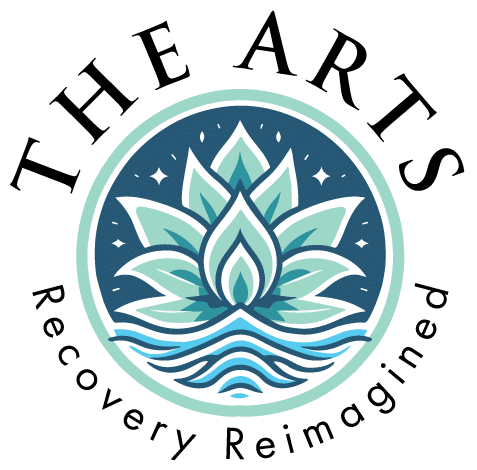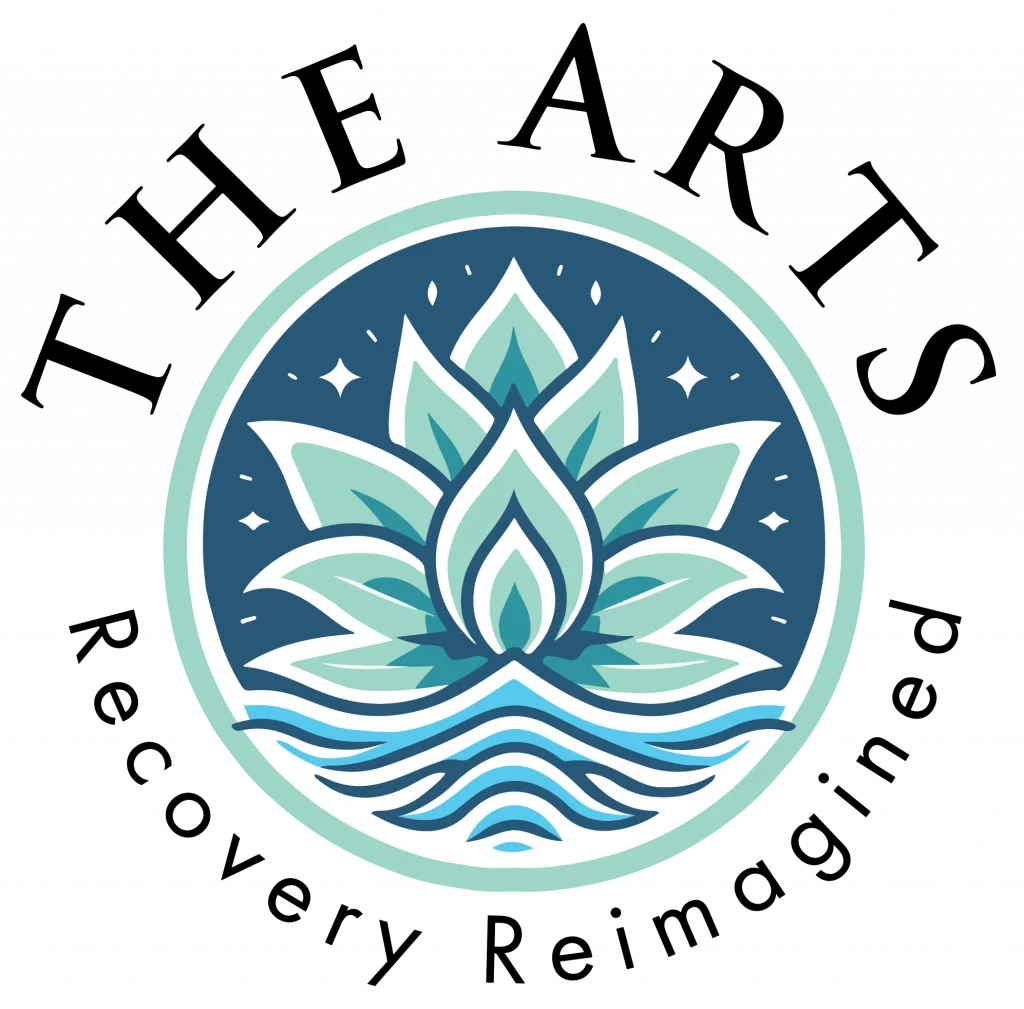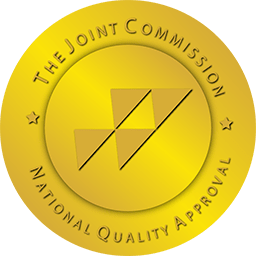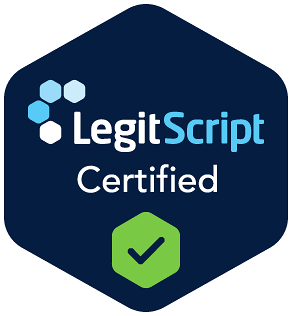Prescription abuse is a growing problem in America, and it’s a significant concern for many health professionals, policymakers, and law enforcement officers.
Prescription drugs can effectively treat various medical conditions, such as chronic pain, anxiety, and depression.
However, when misused or abused, they can be highly addictive, leading to many adverse consequences.
Keep reading to explore the signs of prescription drug addiction and how to get treatment! ARTS IOP is a drug rehab in Canoga Park that can help.
What Is Prescription Medication Abuse?
Prescription drug abuse is defined as using prescription medications in a manner other than what they were intended for.
This includes taking larger doses than prescribed, sharing prescriptions with others, or taking someone else’s medications.
It also includes buying prescription drugs on the street or illegally ordering them online.
Drug Addiction Statistics
The statistics around prescription drug abuse are alarming.
In 2019, nearly 10 million people reported misusing prescription pain relievers in the past year.
Over 5 million people reported misusing prescription tranquilizers, 5.9 million people misused prescription stimulants, and 2 million people misused prescription sedatives.
In addition, the number of overdose deaths involving prescription opioids since 2020 has nearly doubled.
What Are the Causes of Prescription Drug Abuse?
Several factors contribute to prescription drug abuse. The most common cause is the over-prescription of medications.
Doctors who prescribe opioids, benzodiazepines, and other potentially addictive medications may underestimate the risks involved in their use, leading to an over-reliance on prescription drugs.
Other factors contributing to prescription drug abuse include social and cultural norms, easy access to medication, and mental health conditions such as anxiety and depression.
Commonly Abused Prescription Drugs
The most commonly abused prescription drugs fall into four categories: opioids, benzodiazepines, stimulants, and sedatives.
Opioids
Opioids are often prescribed for pain, but even when used as directed, they can be highly addictive.
Benzodiazepines
Benzodiazepines are often prescribed for anxiety and sleep disorders, but they can be highly addictive and are often abused for their sedative effects.
Stimulants
Stimulants are often prescribed for ADHD and narcolepsy but can be abused for their euphoric effects.
Sedatives
Sedatives are often prescribed for anxiety and sleep disorders but can be highly addictive and have potentially deadly withdrawal symptoms.
What Are the Effects of Prescription Medication Abuse?
Prescription drug abuse can be devastating. Opioids and other pain relievers can cause respiratory depression, leading to death.
Benzodiazepines and sedatives can cause confusion, dizziness, and impaired coordination, making them particularly dangerous when combined with alcohol.
Stimulants can cause heart palpitations, high blood pressure, and hallucinations, leading to paranoia and other psychotic symptoms.
Co-occurring Disorders
Prescription drug abuse often co-occurs with mental health conditions such as anxiety, depression, and trauma-related disorders.
These conditions may lead individuals to self-medicate with prescription drugs, causing them to become even more dependent on medication.
Likewise, abusing prescription drugs can worsen existing mental health conditions, making it more challenging to treat them effectively.
What Are Prescription Drug Addiction Symptoms?
Prescription drug abuse signs can range from physical and psychological to behavioral.
Common physical pill abuse symptoms include frequent doctor’s office visits, changes in sleep patterns, and rapid weight loss or gain.
Psychological symptoms may include changes in mood, irritability, and decreased motivation.
Behavioral signs may include:
- Neglecting responsibilities
- Secrecy surrounding the use of drugs
- Drug-seeking behavior
- Spending excessive amounts of money on prescriptions
What Are the Withdrawal Symptoms of Prescription Medication Abuse?
Physical withdrawal symptoms may include nausea, vomiting, headaches, muscle aches, and insomnia.
Psychological withdrawal symptoms can include anxiety and depression. Behavioral symptoms may include irritability or aggression.
It is important to note that the severity and duration of the withdrawal symptoms can vary depending on the type and amount of abused medication.
Detox from prescription medications should be done under the supervision of a healthcare professional, as it might be dangerous if not done correctly.
What Are The Treatment Options For Prescription Drug Abuse?
Fortunately, there are several treatments available for prescription drug abuse. The first step is to seek professional help.
Outpatient Treatment
Outpatient treatment programs provide more flexibility than inpatient treatment.
Clients can continue to work and live at home while attending individual, group, or family therapy and drug education classes.
Medications
Medications such as buprenorphine, naltrexone, and methadone may be prescribed to help reduce withdrawal symptoms, cravings, and the risk of relapse.
Self-Help Groups
Self-help groups such as Narcotics Anonymous provide a peer support network for those struggling with addiction.
These groups can help individuals stay motivated in their recovery journey and provide social support.
Relapse Prevention
Relapse prevention is an integral part of the recovery process.
Creating a relapse prevention plan can help identify triggers and warning signs of pill addiction relapse and plan how to respond.
A relapse prevention plan can also include creating an action plan for progressing if a relapse occurs.
ARTS IOP Offers Treatment for the Signs of Prescription Drug Addiction
ARTS IOP treats the signs of prescription drug abuse.
Treatment focuses on:
- Helping individuals recognize their triggers and warning signs of relapse
- Developing coping skills to manage cravings and urges
- Understanding why they began using drugs
- Addressing any underlying issues that could have contributed to the addiction
- Learning healthier ways to cope
Contact ARTS IOP today to learn more about the prescription drug addiction treatment programs available and how our San Fernando Valley treatment center can help you or your loved one recover!
